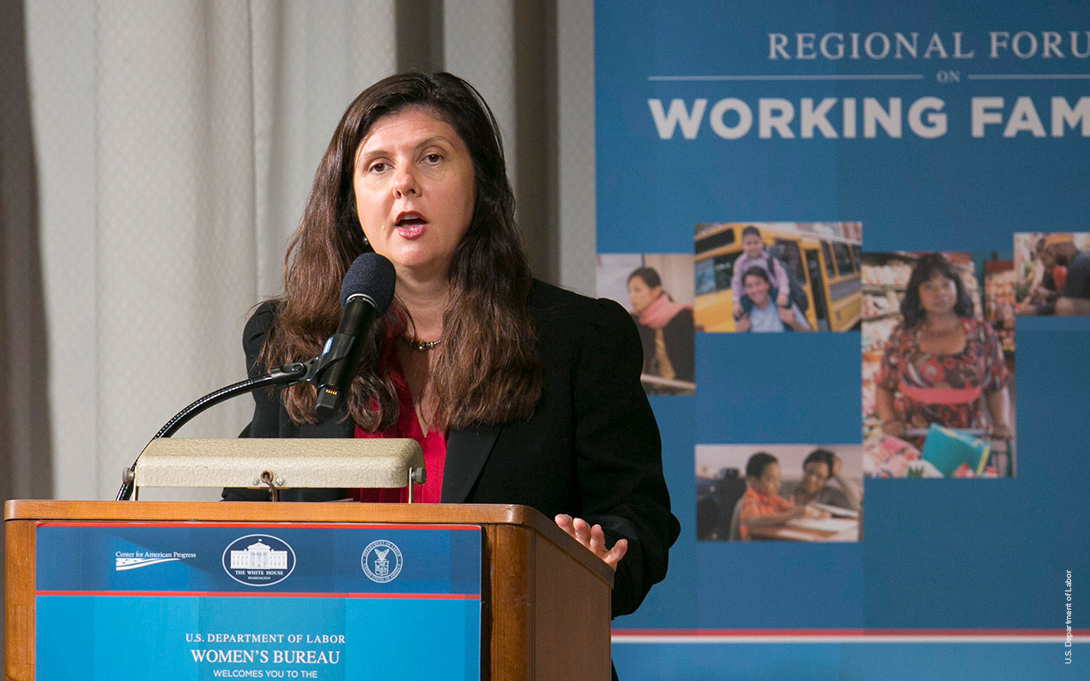
More than 17 million Americans have applied for unemployment insurance in the wake of mandatory business closures protecting against COVID-19. Betsey Stevenson, professor at the Ford School, predicts that the number of unemployed Americans is actually much greater than 17 million she said in an MSNBC interview on April 11. She also commented on the social impacts of unemployment during an interview with NPR on April 8 and on Foreign Policy’s podcast, “Don’t Touch Your Face” on April 13.
Stevenson says that the exponential increase in unemployment insurance applications makes it difficult for system processors to keep up. Accounting for system backlogs and individuals who do not qualify for unemployment insurance may show that unemployment is greater than we think. “Even though the economy has been shot for several weeks now, we’re going to see people continuing to apply for unemployment insurance as we work through that backlog,” Stevenson said on MSNBC.
Moreover, more women than men are unemployed because of COVID-19 related layoffs. NPR reports that 60% of jobs lost in the past month were held by women. Stevenson said that it’s hard to know how many of these workers will be called back to their positions in time. “We're trying to figure out who is going to be easily recalled and who's going to be able to financially make it until they're recalled.”
If there’s any silver lining, Stevenson says it’s businesses’ creativity to continue to support their workers in these challenging times. She said in an interview with Foreign Policy, “it’s that human ingenuity that’s gonna get us out of this. Both human ingenuity in terms of finding new ways to keep us safe--so the science of it all to solve the problem--but also businesses that figure out how to stay in business, how to adapt, how to employ more people.”
Betsey Stevenson is a professor of public policy and economics at the University of Michigan. She is also a faculty research associate at the National Bureau of Economic Research, a visiting associate professor of economics at the University of Sydney, a research fellow of the Centre for Economic Policy Research, a fellow of the Ifo Institute for Economic Research in Munich, and serves on the executive committee of the American Economic Association. She served as a member of the Council of Economic Advisers from 2013 to 2015 where she advised President Obama on social policy, labor market, and trade issues. She served as the chief economist of the U.S. Department of Labor from 2010 to 2011, advising the Secretary of Labor on labor policy and participating as the secretary's deputy to the White House economic team. She has held previous positions at Princeton University and at the University of Pennsylvania's Wharton School.